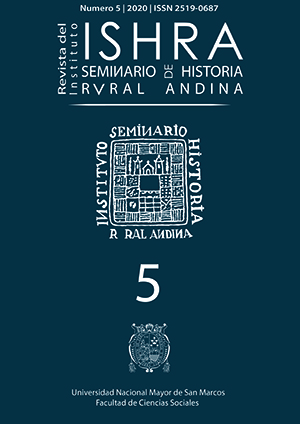All-Day Schooling in the face of teenagers’ expectations of professionalization: a comparative study of two schools in southern Lima
DOI:
https://doi.org/10.15381/ishra.v0i5.18068Keywords:
Educational policy, all-day schooling, adolescence, professional expectations, post-high school transitionAbstract
All-day schooling is an educational policy implemented since 2015 for the secondary level of the Basic Regular Education. It increases from 35 to 45 the weekly teaching hours in courses such as Communication, Education for Work, English and Mathematics. Its main goals are to improve the quality of secondary education and to promote the closing of wealth gap in Peru. Considering that all kinds of human development projects should include social actors’ expectations and notions of the future (Appadurai, 2004), this study accounts for the tension between the pedagogical component of all-day schooling and the professional aspirations of a group of adolescents enrolled in the last year at school.
Downloads
Downloads
Published
Issue
Section
License
Copyright (c) 2020 Diego André López Motta

This work is licensed under a Creative Commons Attribution-NonCommercial-ShareAlike 4.0 International License.
AUTHORS RETAIN THEIR RIGHTS:
a. Authors retain their trade mark rights and patent, and also on any process or procedure described in the article.
b. Authors retain their right to share, copy, distribute, perform and publicly communicate their article (eg, to place their article in an institutional repository or publish it in a book), with an acknowledgment of its initial publication in the ISHRA, Revista del Instituto Seminario de Historia Rural Andina.
c. Authors retain theirs right to make a subsequent publication of their work, to use the article or any part thereof (eg a compilation of his papers, lecture notes, thesis, or a book), always indicating the source of publication (the originator of the work, journal, volume, number and date).






